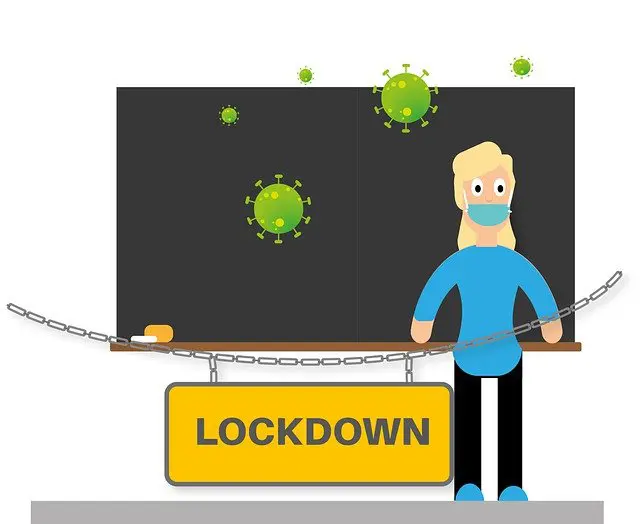Homeschooling is not as tough as some think it is, and it is something you can handle if you learn what you need to about it. Homeschooling ensures that your child is safe and receiving the best education possible. Keep reading to learn more about homeschooling and get an idea of what you need to do before you get started.
What laws are in place in your state regarding homeschooling? Each state has their own regulations about homeschooling. While many states offer a set curriculum, in certain cases you may need to compile something yourself. You should get a calendar from your local school district so that you can schedule homeschool for the same dates as the regular school year.
Homeschooling your school age child can be challenging if you also have a toddler or a new baby. To perform this combination, you should set aside individual times on the calendar for each child involved. Also try to find lessons that can involve both children. Make use of the opportunity to involve both children while also fostering a bond between them.
Remember that your kids need breaks when homeschooling. Studying for hours on end will only make them get bored with learning. Make sure your kids have time to play or simply relax. It will be to everyone’s advantage.
Make learning a part of everyday life. You may be surprised how much your child can pick up each day, outside of any set curriculum. Always pay attention to the way your child speaks, how they behave and what they show interest in so you can improvise a lesson. You can let them cook dinner and use measurement as a math lesson. Your child will pick up these skills quickly and benefit from this diverse education.
Get familiar with the homeschooling regulations in your state. It is vital that you know what the laws are in your state that pertain to homeschooling. You may be asked to do standardized testing in some cases, but other places are a bit more relaxed. Some states may require you to register yourself as licensed private school to be able to homeschool your children.
Always include art in your lessons, even if the lesson itself isn’t an art lesson. Your kids can paste fabric together to make a visual representation of what they are learning, or they can draw pictures that depict what you have taught them. Creativity with art lessons is only limited by one thing and that is your imagination. Feel free to incorporate sculpting, singing, acting or any other creative activity. When they truly have fun, they’ll learn a ton.

Leave housework to someone else if you can afford it. You might find it hard to do it all by yourself. Grocery shopping, household chores, and childcare can really drain you quickly. Ask for help and appreciate it when you get it.
Each state has its own homeschooling regulations. The Homeschool Association in your state can tell you what they are. You may have to register your homeschooling as private, but it’s possible you’ll only have to test your children using standardized methods. It is also important to contact your school district and make sure they know that you are homeschooling so you do not get charged with truancy.
Learn the laws of your state that apply to homeschooling. The HSLDA has a website that provides information about the laws in your area. If you ever need to answer to your state’s Board of Education or CPS, get some support by joining an organization for homeschoolers. Even though you may have to pay to be a part of this organization, it is worth it.
Allow your child regular breaks to get some exercise and burn of excess energy. This will lessen restlessness and help your child stay focused on his or her schoolwork. Come up with a break schedule that allows your child to unwind between lessons.
Education goes beyond book work to life skills. Make these a regular part of your child’s schooling, as well as the academics. Most people get the importance of traditional learning, but few really grasp the essential need of general life skills like gardening, driving, and even menu planning. You can teach your child both simultaneously. You might grow a garden, this provides food as a life skill and science as an academic.
We hope the information we have presented will give you confidence to move forward with home schooling. Your children can’t have a better teacher than their parents, after all. Use these tips to begin giving your child an excellent education. They deserve this!





